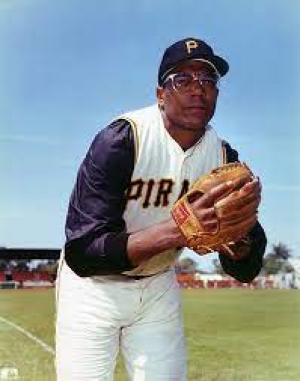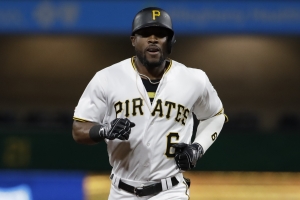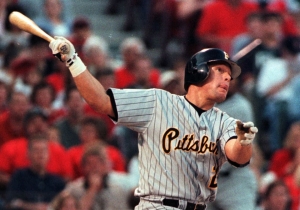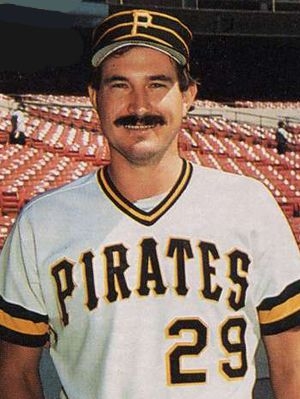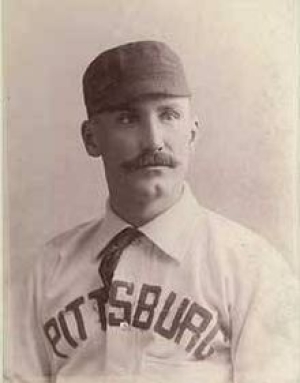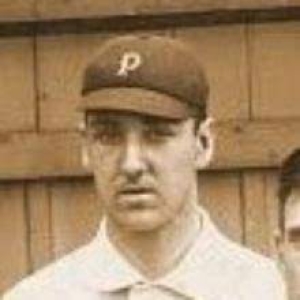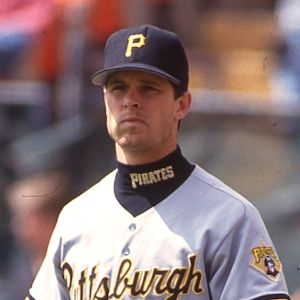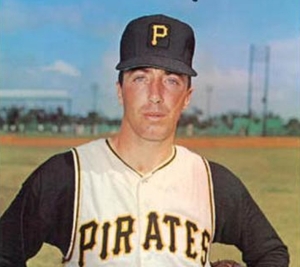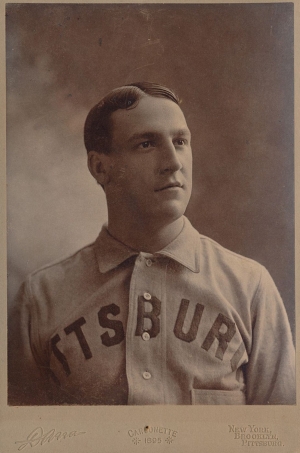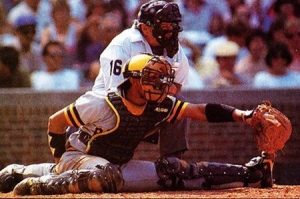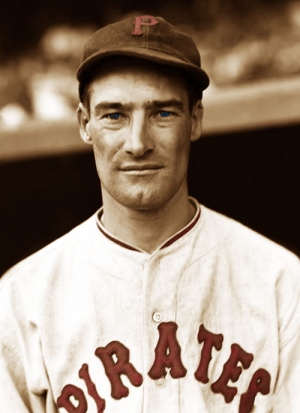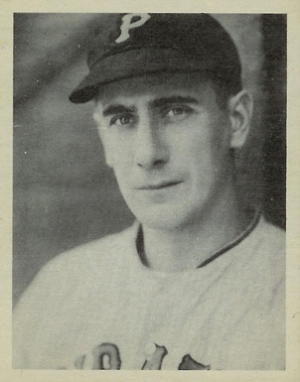Top 50 Pittsburgh Pirates
One of the oldest teams in Major League Baseball, the Pittsburgh Pirates, began in the American Association as the Pittsburgh Alleghenys in 1881. They joined the National League in 1887 and changed their name to the Pirates four years later.
Pittsburgh won their first World Series in 1909, with Honus Wagner leading the way. A second title came in 1925, but it would not be until 1960 when they won their third, punctuated by Bill Mazeroski’s Game 7 walk-off Home Run. Led by Roberto Clemente, they won a fourth World Series in 1971, and their fifth came in 1979 with Willie Stargell and the “We Are Family” team.
This list is up to the end of the 2023 regular season.
Note: Baseball lists are based on an amalgamation of tenure, traditional statistics, advanced statistics, playoff statistics, and post-season accolades.


